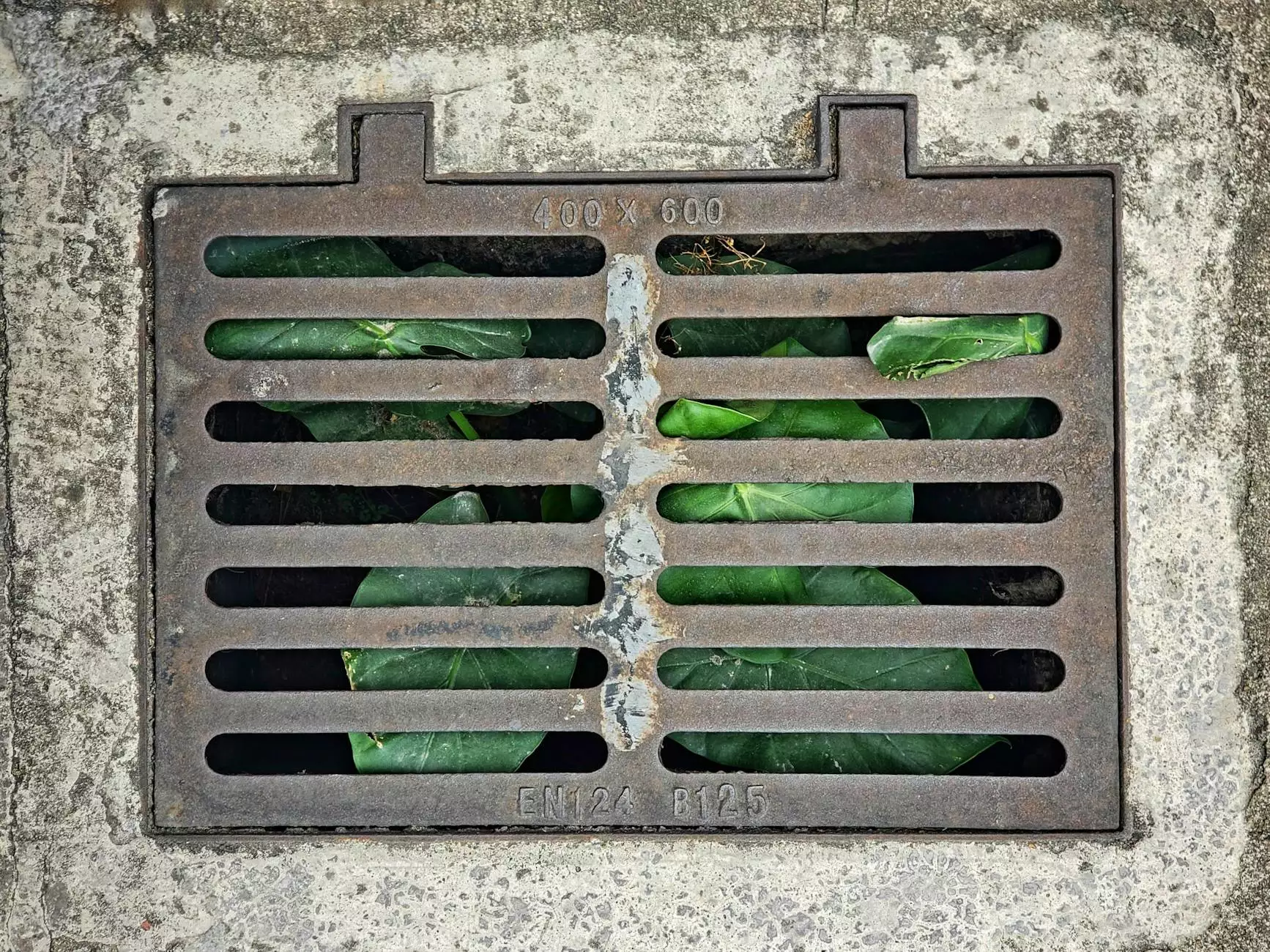The Ultimate Guide to 100 Ton Cement Silos

In the realm of construction and industrial sectors, having the right equipment is paramount. Among these, the cement silo 100 ton stands out as an essential component for efficient operations. This article delves into the significance of 100 ton cement silos, exploring their features, benefits, applications, and how they can optimize your business performance.
What is a Cement Silo?
A cement silo is a storage container used for storing bulk materials, particularly cement. It is designed to keep the cement dry and free from moisture, which is crucial for maintaining its quality. Cement silos come in various sizes, and a 100 ton silo is a popular choice for many businesses due to its balance between capacity and versatility.
Features of a 100 Ton Cement Silo
Understanding the features of a cement silo 100 ton can significantly impact your choice when purchasing one. Here are some key characteristics:
- Capacity: As the name suggests, a 100 ton silo has the capacity to store up to 100 tons of cement, making it suitable for medium to large-scale operations.
- Material: These silos are typically constructed from high-quality steel, ensuring durability and resistance to various environmental factors.
- Design: A well-designed silo includes an integrated discharge system, which facilitates the smooth flow of cement during extraction.
- Mobility: Many 100 ton silos are designed to be mobile, allowing businesses to transport them easily to different job sites.
- Safety Features: Modern silos incorporate various safety mechanisms like pressure relief valves and overfill protection to prevent accidents.
Benefits of Using a 100 Ton Cement Silo
The investment in a cement silo 100 ton brings numerous advantages for businesses. Here are several reasons why this equipment is indispensable:
1. Enhanced Storage Efficiency
A 100 ton silo allows for bulk storage, minimizing the need for multiple smaller containers. This increases site organization and reduces clutter, leading to a more efficient work environment.
2. Improved Productivity
Having readily available cement reduces downtime associated with procurement and transport, allowing for smoother project workflows and timely completion of tasks.
3. Cost Savings
Bulk purchasing of cement often results in cost savings. A 100 ton silo enables businesses to take advantage of wholesale prices and discounts, thus reducing overall material costs.
4. Consistency in Quality
With proper maintenance, a cement silo ensures that the stored cement remains dry and uncontaminated. This quality control is vital for achieving superior concrete mixes.
5. Flexibility in Operation
Whether you’re working on a construction site or managing a manufacturing facility, a 100 ton silo provides the flexibility needed to adapt to various project requirements.
Applications of 100 Ton Cement Silos
The versatile nature of a cement silo 100 ton enables its use across various industries. Some common applications include:
- Construction Sites: Essential for storing cement at construction projects of all sizes.
- Ready-Mix Concrete Plants: Used to store cement required for producing concrete mixes on demand.
- Manufacturing Facilities: Integral in the production of precast concrete products and other cement-based goods.
- Infrastructure Projects: Critical in large-scale infrastructure developments such as roads, bridges, and airports.
Factors to Consider When Choosing a Cement Silo
Choosing the right cement silo 100 ton involves various considerations to ensure you meet the specific needs of your business:
1. Design and Construction Quality
Evaluate the manufacturing quality of the silo. Ensure it is constructed from strong materials designed to withstand the demands of your operations.
2. Discharge System
Check the silo's discharge capabilities. Efficient systems reduce the time taken to access stored materials, which is crucial for maintaining workflow.
3. Compliance with Regulations
Ensure that the cement silo complies with relevant safety and construction regulations in your region to avoid legal complications.
4. Maintenance Requirements
Understanding the maintenance needs of your silo can help prevent unexpected downtimes. Look for silos that require minimal maintenance to save time and costs.
Integration with Other Equipment
A cement silo 100 ton can be integrated with various other equipment to enhance operational efficiency. Here are some options for integration:
- Cement Pumps: Connect cement silos to pumps for seamless delivery of cement to construction sites or batch plants.
- Mixers: Pair with concrete mixers to ensure a steady supply of materials for producing high-quality concrete.
- Weight Batching Systems: Integrating batching systems allows for precise measurement of cement and other components, leading to enhanced mixing quality.
Best Practices for Maintaining a Cement Silo
Proper maintenance of a cement silo 100 ton is crucial for its longevity and efficiency. Here are some best practices:
1. Regular Inspections
Conduct frequent inspections to identify any signs of wear and tear, leaks, or structural issues. Addressing these promptly can prevent costly repairs.
2. Keep It Clean
Ensure that the inside of the silo is clean and free from dust and debris, which can contaminate the cement and affect the quality of your mixes.
3. Monitor Moisture Levels
Install moisture monitoring sensors to keep track of humidity levels within the silo. This is crucial for preventing cement from setting or clumping.
4. Ensure Proper Ventilation
Good ventilation helps to maintain optimal conditions inside the silo. Inspect ventilation systems regularly to ensure they are functioning correctly.
Conclusion
Investing in a cement silo 100 ton can greatly enhance your business operations, offering numerous benefits such as increased storage efficiency, improved productivity, and cost savings. By selecting the right silo, maintaining it properly, and integrating it with other equipment, you can ensure smooth operations and superior material quality.
For businesses looking to streamline their cement storage and manage bulk materials effectively, a cement silo is an undeniable asset. Consider all factors discussed in this article to make the best choice for your needs and elevate your business performance today!









